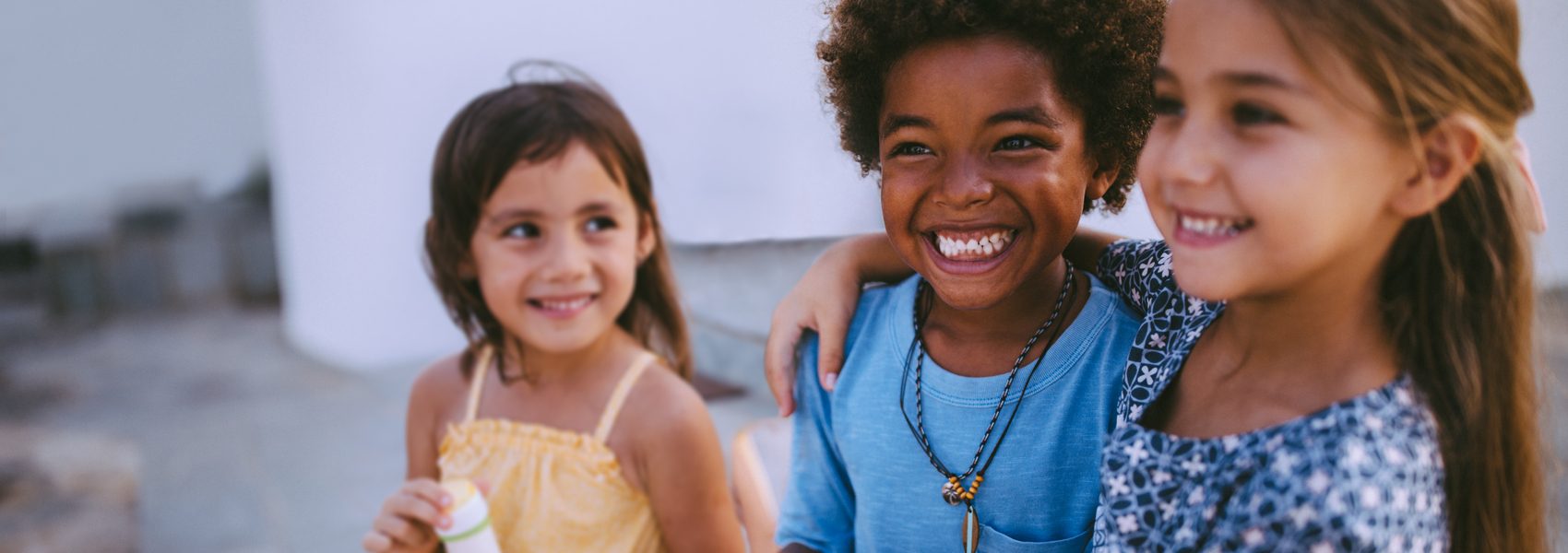Preparing your kids to become a foster family
Fostering is a whole-family decision
Cami Haussler, Foster Care Program Manager

If you’re considering foster care and have adopted or biological children in your home—especially those old enough to understand other children will be moving into your home—it’s essential to include them in your decision. Talk honestly with your children about what foster care is, what it will look like to have another child in the home, and how it will affect them.
Talk about developmental behaviors your child may not understand
Some families foster children younger than their youngest child so the children's birth order doesn't change when a new child comes into the home. Other families do well having older children in their home—consider what works best for your family. While an older child in foster care may be chronologically older than your children, their past experiences may cause them to act younger. If you have a child that is 10, for example, they might wonder why a 12-year-old wants to sleep with a light on at night.
Talk about rules and consequences that may be different
When I was a foster parent, my oldest child would complain that the children in foster care got away with so much more. “If I’d have done that,” he’d say, “I would have been grounded.” I explained that this behavior is all that child had known. We weren't going to punish them for something that had been acceptable in their home, but we would teach and model what behavior was acceptable in our home. Clearly communicate your expectations to all the children so everyone knows what to expect.
Talk about feelings of loss when children leave
One of hardest things about being a foster family is loving children who will leave. It’s hard, and it hurts. Understand that it’s a loss for your children too, and young children may not be at a developmental level to process that. Set the expectation with your children that this placement will most likely be temporary. Share that this other child is with you because they need a family for a while, so we’re helping to meet that need; but it’s going to be hard when they leave.
It’s hard to gauge how your children will respond. My children were 5, 4, and 3 when we fostered, and foster care became normal to them. Once when a young child was brought to our home in the middle of the night, my son walked through the room the next morning and casually observed, “We got another one?” on his way to the fridge to get a snack. It concerned me that new children showing up to our house had become that routine. Meanwhile, a frightened young child sat on my lap, scared to be in a new place with new people. I didn’t want my son to lose a sense of empathy for children in our home who needed help and a place where they could feel safe.
We had kids in our home from hard places. There were some who left, and we all cried. And there were some who left and, honestly, life was easier. As a family, you work hard to be the best family you can be to every child in your home. As you have added opportunities to teach acceptance, forgiveness, and grace, your kids will learn these qualities faster and more deeply than others who didn’t have this experience.
Talk about how it's going
One of biggest things I wish I would have done better as a foster parent is take care of my immediate family. Take a break between placements to rebuild, and be sure everybody’s on board to continue. Sometimes children need a break and need to have just their family together for a while.
Take good care of your children. They share their house, their parents, and their toys; and a child who is with you through foster care is often part of their life at school as well. You may think of foster care as a big commitment you make as parents—and it is—but it’s also significant for your children.



